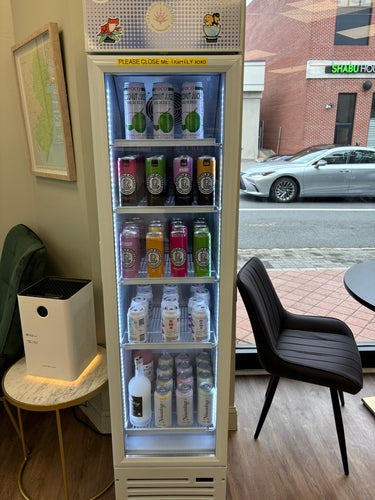Navigating the Final Frontier: How the UK's CBD Sector is Poised for Success with Novel Food Approval
A Landmark Leap for UK's CBD Industry: The Final Stride Towards Novel Food Approval
The recent advancement of thousands of CBD products to the last phase of the UK's Novel Foods approval process is sparking significant interest across the nation. This pivotal movement underscores the UK's commitment to becoming the first to establish a regulated CBD food market, opening vast opportunities for businesses and investors in the hemp and CBD sector, especially for consumer-focused brands like Little Rick.
Understanding the UK Novel Foods Legislation
The Novel Foods regulations, as overseen by the Food Standards Agency (FSA), require CBD products to undergo rigorous safety assessments to ensure public health protection. The reach of this legislation to CBD products reflects a growing acknowledgment of the sector's relevance and the need for standardization in product quality and safety. For businesses, this establishes a clearer framework for compliance and distribution, potentially paving the way for broader market acceptance and consumer trust in CBD-infused products.
The Impact on Market Dynamics and Consumer Perception
As the process for Novel Foods authorization progresses, the influence on market dynamics is twofold. Firstly, the necessity for compliance could raise barriers to entry, favoring established players who can navigate these regulations effectively. Secondly, official approval of CBD products as Novel Foods is likely to enhance consumer confidence, potentially expanding the customer base to a more mainstream audience looking for reliable and safe CBD products. For brands like Little Rick, this could translate to an increase in both market share and consumer loyalty.
Opportunities for Innovation and Expansion in the CBD Sector
With these regulations setting the stage, companies are now challenged to innovate, not only in their product offerings but also in how they align with compliance and quality assurance standards. It provides an opportunity for brands to differentiate themselves through transparency, quality, and consumer education—crucial aspects that can influence purchasing decisions in a competitive market. Additionally, the final step towards Novel Foods approval may also act as a catalyst for further investments into research and development within the sector, fostering an environment ripe for innovative and high-quality CBD products.
Strategic Considerations for Investors and Retailers
For investors and retailers, understanding the implications of these regulatory changes is key. The progression towards Novel Foods approval indicates a stable and maturing market, which could translate to lower risks and higher returns on investment in CBD-focused companies. Retailers, meanwhile, could benefit from standardization in product quality, offering consumers consistent and safe options that comply with FSA standards, thereby reinforcing customer trust and loyalty.
It is crucial for stakeholders within the hemp and CBD market to stay informed about these developments to adjust business strategies accordingly and leverage the regulatory environment for optimal business growth.
Conclusion
The forward movement of thousands of CBD products into the final steps of the UK's Novel Foods approval marks an exciting era for the industry. This development not only promises enhanced consumer safety and confidence but also opens up new paths for business innovation and investment. At Little Rick, we continue to align with these advancements, ensuring our products stand for quality and safety in the budding CBD market. We invite everyone interested in understanding more about our journey and product offerings to visit our website at www.littlerick.co.uk and explore how we are embracing these changes to better serve our customers and stakeholders.







